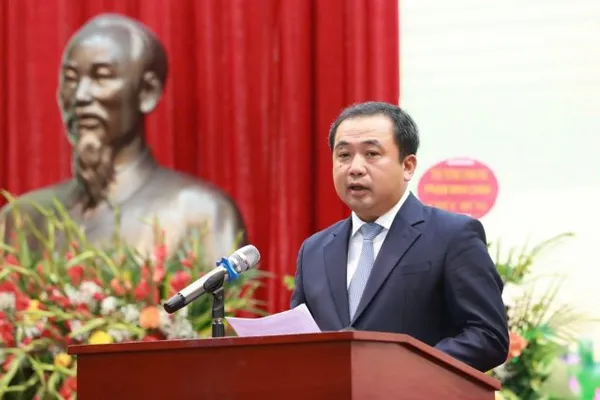 World
World

EU President Donald Tusk on Tuesday proposed an ambitious timeline of 13 summits over the next two years to reboot the European Union after the shock of Brexit and other setbacks.
BRUSSELS — EU President Donald Tusk on Tuesday proposed an ambitious timeline of 13 summits over the next two years to reboot the European Union after the shock of Brexit and other setbacks.
Tusk, who coordinates EU summit meetings, unveiled the schedule of talks just weeks after calls for deep EU reform by French President Emmanuel Macron, as well as by European Commission head Jean-Claude Juncker.
It follows consultations by Tusk with all 28 EU leaders on the reform drive, which became urgent after Britain shocked the world with its referendum vote in June 2016 to break with the bloc.
The schedule, which begins with this week’s Thursday-Friday talks in Brussels, includes the EU’s regularly planned summits through June 2019 as well as informal sitdowns with special themes.
These include a special EU summit in Romania just weeks after Britain is expected to finally leave the bloc in March 2019, as well as a special security meeting in Vienna next year.
EU leaders from the 27 remaining member states decided last year that the bloc required major change or risked failure, but newly elected Macron breathed new life into the process.
"I am very happy with your willingness to accelerate our work and overcome the sense of powerlessness," Tusk said in an invitation letter to EU leaders ahead of the two-day talks kicking off Thursday.
"Based on my consultations... it is clear that there is also a willingness to reinvigorate and enrich our work, including by drawing on new ideas," he said.
Tusk stressed that the talks could take place among the current 28 members, including Britain, or just the 27 remaining countries "depending on the subject".
Tusk’s proposal also includes an idea to update the working method at summits by scrapping the traditional consensual approach and allow room for open disagreement among leaders.
Instead, political splits among the member states would be tracked in so-called decision notes, which would mark a major break with the EU tradition to carefully paper over differences.
"I would like to propose a method that focuses on solving real issues," Tusk said in his letter.
The new method "will report on our differences, precisely describing the scope of conflict and thus allowing us to hold a serious, political discussion," Tusk said. — AFP




